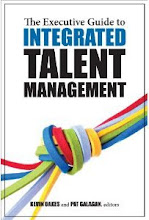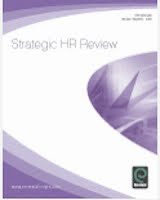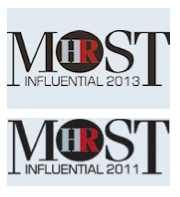The amount of commentary around HR analytics continues to grow, but in my view, a lot of it is misleading. There's also a real lack of good case studies. I've written about this in a post on Workstars's blog where I've also suggested that social recognition systems provide a great way into HR analytics too.
Workstars is a sponsor of my Strategic HCM blog and so you've hopefully been reading about them here already. But in brief:
Workstars' mission is to make your business a better place to work, and crucially, get your business working better.
Workstars are innovating beyond the very tired, self serving $47 billion reward industry. We are focussed on the future, and the future of employee recognition is social.
A true cloud based business that wraps people services around the market leading employee recognition application, where every line of code is shared by every client, very large or very small.
The first global SME and Enterprise provider to master a free to launch model. Our significant application investment continues to expand our business. We work with HR and when it comes to employee recognition, we are a plug and play innovator.
Workstars bring enterprise level infrastructure and thinking, designed to make managers great and boost engagement across any business.
Also see:




























